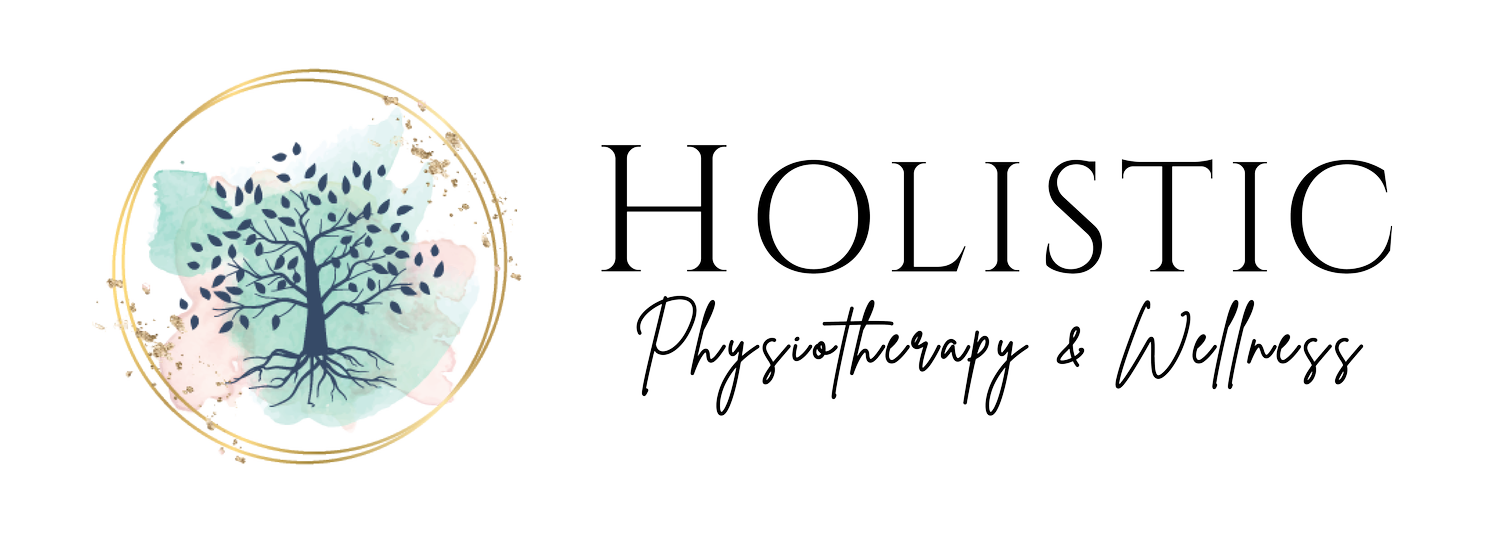Mindset and The Five Minute Journal
Written by Dr. Stephanie Liebrecht | October 14, 2020
When we discuss mental health, mindset should also be apart of our conversation. Our thought pattern, the way we view ourselves, the kind of self talk we do, the outlook we have on life - all of these are apart of our mindset, and all of these affect our mood and behaviour. Stop for a moment and ask yourself “How do I experience life?” “Is it easier for me to have a positive or negative outlook on life?” If you answered negative, you are not alone. It is believed that our primal brains are wired to look for negative (or threatening) stimuli for the purpose of survival. In 2001, psychologists Paul Rozin and Edward Royzman theorized that humans tend to give greater weight to the negative things in life rather than the positive. They called it the Negativity Bias. For example, you may have received 5 positive compliments from coworkers today, but you keep dwelling on the 1 negative comment made by a stranger at the coffee shop. What if we could shift our daily thoughts and outlook on life to that of more positivity and happiness? Well... we can! We have the ability to take control of this and create it for ourselves! One way we can create this mindset is through setting daily intentions, positive reflection of the day, and practices of gratitude.
This is something I’ve personally introduced into my life. A part of how I practice intention setting and gratitude is through journaling. They say if you write down your goals or to-do list, you are more likely to achieve it! If we start our day already looking for the good, we are more likely to find it! Why is that? There is a part of our brain called the Reticular Activating System (RAS) - it filters out the unnecessary information so our brain can focus in the important stuff. For example: you see a new style of car you like. Now, you start seeing that car all over town. Your brain has drawn attention to the car and learned it must be important, now we notice it all the time. Applying this to our mindset can work in the same way. By starting the day writing down your intentions, they are at the forefront of your mind. You start looking for and creating opportunities in the day where you can be happy, make a difference, offer help, etc. Then, by practicing daily reflection before bed you can think of all the good things that happened and feel grateful for them. Practicing gratitude has been shown to increase happiness. There are journals out there designed to lead you through this - I have been using The 5 Minute Journal. It includes morning and bed time practices of intention setting, reflection, and gratitude. For me, it has been an easy yet profound exercise, which has created noticeable mindset shifts.
The 5 Minute Journal
Here’s a sneak peek into The Five Minute Journal:
Morning:
1. 3 Things I am grateful for ...
2. 3 Things that would make today great ...
3. Daily affirmation. I am ...
Evening:
4. 3 Amazing things that happened today ...
5. How could I have made today even better ...
Dr. Stephanie Liebrecht
Doctor of Naturopathic Medicine



